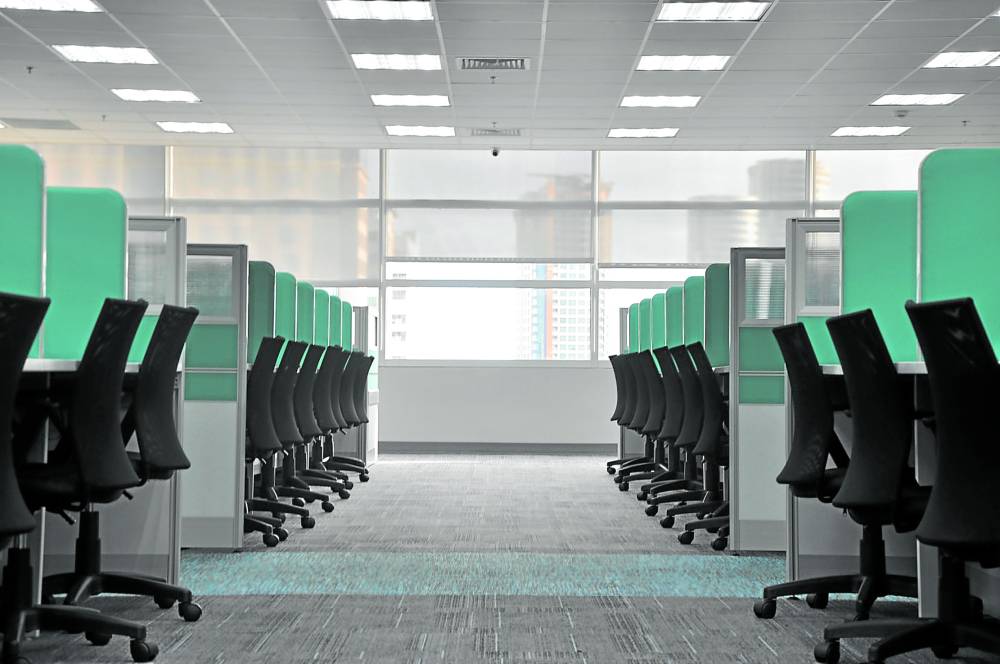Philippine real estate in an election year
Election-related spending helped catapult the stronger-than-expected 8.3 percent GDP growth rate in the first quarter.
However, growing external risks such as the continuing Ukraine-Russia conflict, the economic slowdown in China and the expected hike in interest rates by the US Federal Reserve may slow down the continuous high-GDP growth streak.
Election’s impact on real estate market growth
The three pillars, namely the information technology and business process management services (IT-BPM) industry, overseas Filipino (OF) remittances and growth of tourism receipts, are expected to remain as the main engines of the macroeconomic and real estate market growth. Stalled by pandemic-induced setbacks, these industries are poised to gradually recover in the medium term.
Possible US interest rate hikes may lead to more jobs in the outsourcing market, benefitting the office real estate sub-sectors in prime outsourcing destinations such as the Philippines along the way. The relaxation of stringent health protocols in key host countries will enhance the growth of remittances, thus fueling demand recovery for housing and durable goods—both significant demand drivers for the residential and retail real estate sub-sectors.

The IT-BPM industry is seen to remain as one of the main engines of real estate market growth.—Kate Sade/Unsplash
Further, revenge travel, as more countries take down border barriers, is expected to jumpstart the recovery of the tourism real estate sub-sector. However, global supply chain issues may put additional strain on the completion of supply pipelines in the short term.
Article continues after this advertisementAs the ceremonial transition between the outgoing and the incoming administrations is expected to be smooth, key players and investors are now waiting for more pronounced policy continuity and enhancements to elevate the plane of real estate growth in the Philippines.
Article continues after this advertisementCrucial structural reforms
The outgoing administration has set the tone to significantly enhance the openness of the country to foreign investments with the landmark passage of the Republic Act (R.A.) No. 11659 amending the 85-year-old Public Service Act (PSA) and the final amendments to R.A. No. 11595 (or the Retail Trade Liberalization Act).
The local real estate sector should embrace the increasing importance of foreign participation in various real estate professions, such as brokerage and valuation/appraisal, to enhance competitiveness and acquire global best practices.

Possible US interest rate hikes may lead to more jobs in the outsourcing market, benefitting the office sub-sectors in prime outsourcing destinations such as the Philippines.—Kate Sade/Unsplash
As the playing field has been altered by the pandemic, real estate investment decisions are now increasingly becoming more critical of the level of integrity and clarity involving investments and transactions.
Suggested legislative agenda
The progress in business transparency, aided by improvements in these aspects, should be prioritized:
- Speed in the process and completion of digitization of property titling;
- Consistent application and basis for real estate-related taxes;
- Flexibility in land use planning and modernization of building codes;
- Adherence to international reporting standards, be it for valuation/appraisal or financial reporting upholding anti-money laundering practices; and
- Strategic use of Big Data to produce dependable and real-time real estate indices.
More than the recently-concluded elections, regulatory reforms around these issues will help insulate the Philippine real estate market against the increasingly unpredictable real estate cycle, the ongoing pandemic, complicated geopolitical conflicts and recurring issues on climate change affecting long-term real estate growth drivers (like demographics and technological change).
The author is director of Research, Consulting & Advisory Services at Cushman & Wakefield. For more updates on the Philippine property market, please follow the Cushman & Wakefield handle in all major social media platforms
